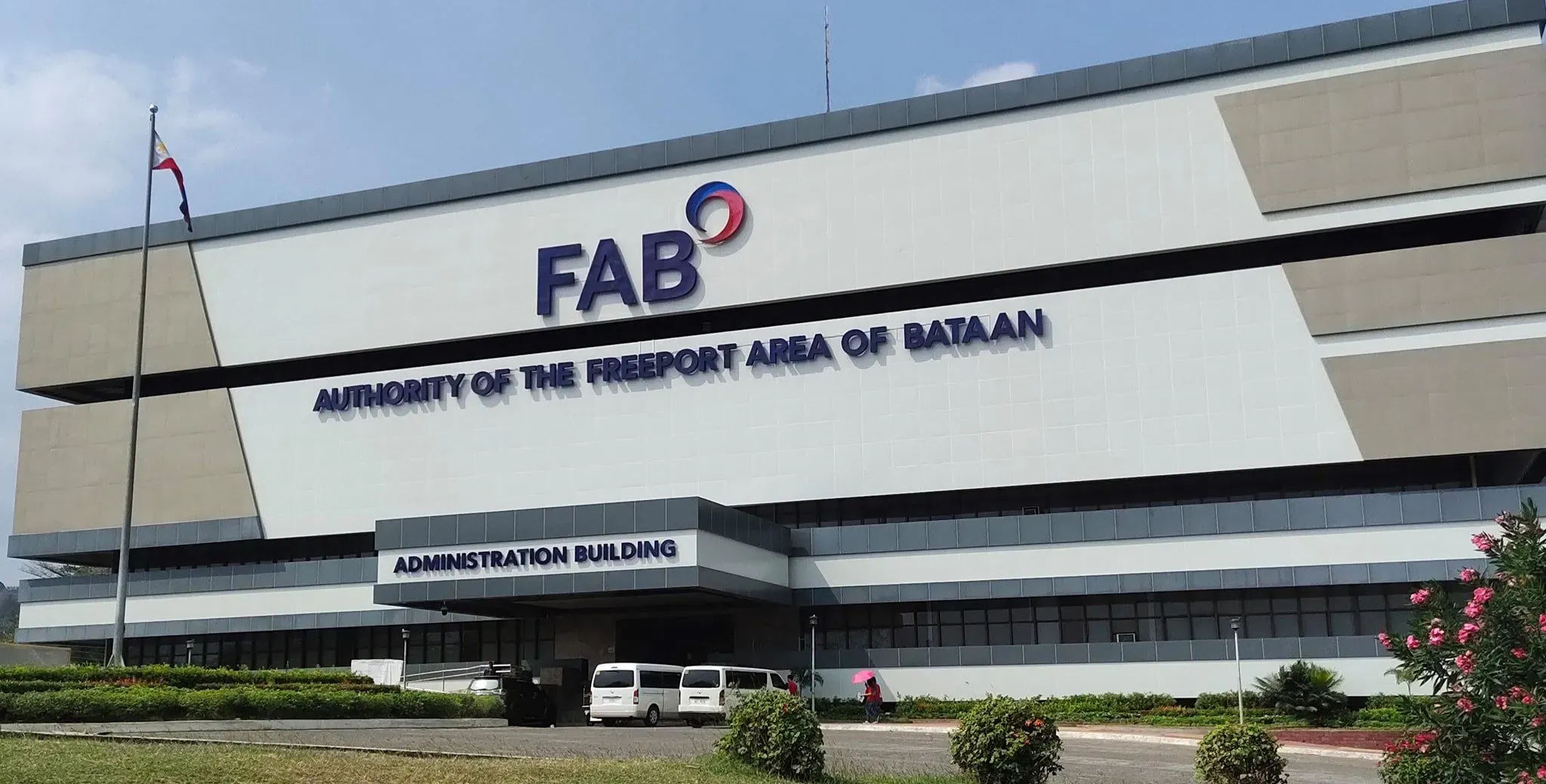Donald Lim: The Philippines blockchain edge
With more than 100 council members, he says, 'We can help you start your business here'

As blockchain companies look for stable ground, the Philippines is offering something many regions can’t: clear rules and government collaboration. Donald Lim shared why this combination is drawing attention from local and international players.
“We do the B2B side, the government, the regulatory,” Lim told The Crypto Radio at Philippine Blockchain Week. As president of the Blockchain Council of the Philippines, Lim described his organization’s behind-the-scenes work as “the boring tasks” that ultimately paved the way for broader technological adoption.
Beyond boardrooms and government offices, blockchain is already touching the lives of everyday Filipinos – from play-to-earn gaming to remittances and digital payments for small businesses. Lim made it clear that the goal isn’t speculation, but legitimate, transparent technology that serves real needs.
How the Philippines is regulating blockchain
“We provide advice on regulation and whatever rules that is needed to ensure that the blockchain adoption, cryptocurrency adoption is done very well, and it’s also legitimate, and it’s also with integrity,” Lim said.
This approach stood in stark contrast to the “wild wild west” mentality that has characterized cryptocurrency in many other countries. “It’s very hard if it’s wild wild west. Everything is a gray area. Now it’s becoming, hopefully, more black and white,” Lim said.
Clearer rules not only help local players but also attract foreign investment. “If the government recognizes it, it makes it faster. It’s very hard if there are no rules,” Lim said. “The more black and white [the regulations], the more it legitimizes businesses. We will be more open to more investors.”
Building with local support

The Freeport of Bataan offers blockchain firms tax incentives and a regulated space to test new technologies. Photo: Provincial Government of Bataan
“When you set up here, you have special incentives at the same time,” Lim said, pointing to the Freeport of Bataan, a special economic zone that offered tax benefits and operational support for blockchain companies. “I think you have a good pool of users here. You can test your market here.”
Lim highlighted the country’s massive user base and appetite for new technologies. “We’re still a trading and gaming country, but that’s okay, because you need that to keep the economy of the web3 and blockchain going,” he said. “We have a big user base, so it’s very good to really test the market here.”
To help companies navigate local conditions, Lim pointed to the council’s expanding network. “The Blockchain Council can help you. We have 100 members who can help you start your business here,” he said.
A rare level of government engagement
“We’ve been doing that for the past four years,” Lim said, referring to the council’s work with government agencies. “We’re very lucky that the ICT and all of these other government regulatory agencies, DTI, the OSD, SEC, everyone is really joining us.”
Foreign observers are often surprised by this level of government involvement. “If you ask people from other countries, they’re always surprised. 'Why is the government involved?' And we’ll say, 'Well, that’s how open we are,'” Lim said.
For international investors and entrepreneurs, the message is clear: follow the rules, get the permits, and tap into local networks. “If you want to operate in the Philippines, you want to take money from Filipinos, there are certain rules,” Lim said.
Why small moves matter most
“We don’t want big leaps,” Lim said. “We want very small steps that can make a big difference.”
He elaborated on this cautious but deliberate philosophy. “These are very small steps... very important small steps.”
Yet the path forward isn’t without challenges. Lim acknowledged the need to educate the public, protect against scams, and ensure the infrastructure could support long-term growth. While the Philippines ranked in the top 10 globally for cryptocurrency downloads, creating a sustainable ecosystem would require continued collaboration between government, businesses, and local communities.
“If you’re a global economy, you don’t want to leave it behind, especially the Philippines,” Lim said. With government support, an eager user base, and an emphasis on legitimacy and integrity, the Philippines is carving out its own space on the blockchain frontier.




